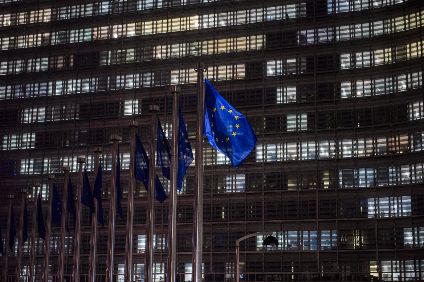
A report from the European Commission looking into whether food manufacturers are selling goods which differ in quality depending on where they are sold has found nearly a third of products are at fault in this regard.
The Commission’s Joint Research Centre analysed nearly 1,400 food products sold in 19 European Union countries and found 9% of products presented as being the same across the single market had a different composition.

Discover B2B Marketing That Performs
Combine business intelligence and editorial excellence to reach engaged professionals across 36 leading media platforms.
And a further 22% of products with a similar front-of-pack also had a different composition.
However, despite long-running concerns expressed by former communist-bloc countries in central and eastern Europe that they were suffering the most from dual quality issues, the Commission’s study did not show a consistent geographical pattern.
Those countries had presented their case to Jean-Claude Juncker, the Commission president who then addressed the issue of dual quality products in his State of the Union address in 2017, which led to the report being commissioned.
Whether those central and eastern European EU member states will be satisfied with the report’s findings remains to be seen, given the EC’s research is not based on analysis of the products in laboratories but on information provided by companies on product labels.

US Tariffs are shifting - will you react or anticipate?
Don’t let policy changes catch you off guard. Stay proactive with real-time data and expert analysis.
By GlobalDataIt said: “As a first step, this analysis is based on information from the product labels and the front-of-pack appearance of the products.”
Publishing its report today (24 June), Tibor Navracsics, the commissioner responsible for the Joint Research Centre, said: “The results are mixed: while I am happy that they found no evidence of an East-West divide in the composition of branded food products, I am worried that they uncovered up to one third of tested products having different compositions while being identically or similarly branded.”
Fellow commissioner Vera Jourová – in charge of justice, consumers and gender equality – said the Commission will act to ensure the practice of selling dual-quality products comes to an end.
“There will be no double standards in Europe’s single market. With the new laws penalising the dual quality and strengthening the hands of the consumer authorities, we have the tools at hand to put an end to this practice. European consumers will be able to do their shopping in full trust that they buy what they see,” she said.
The Commission has today launched a new call for proposals with a total budget of EUR1.3m (US$1.4m) to strengthen consumer organisations’ capacities to test products and identify potentially misleading practices. The deadline for applications is 6 November.
Meanwhile, the Europe-wide body representing the food and drink industries highlighted the lack of product disparity between western and eastern Europe.
In a statement, FoodDrinkEurope said the report “confirms that there is no evidence of an ‘East-West’ divide in the quality of food”.
Mella Frewen, director general of FoodDrinkEurope, said: “Europe’s food and drink companies, small and large alike, take pride in being able to serve the richness of diversity in consumer preferences, whilst standing behind high quality, sustainability and brand consistency across Europe. We hope that the publication of the JRC report will provide reassurance to consumers, authorities and other stakeholders.”





